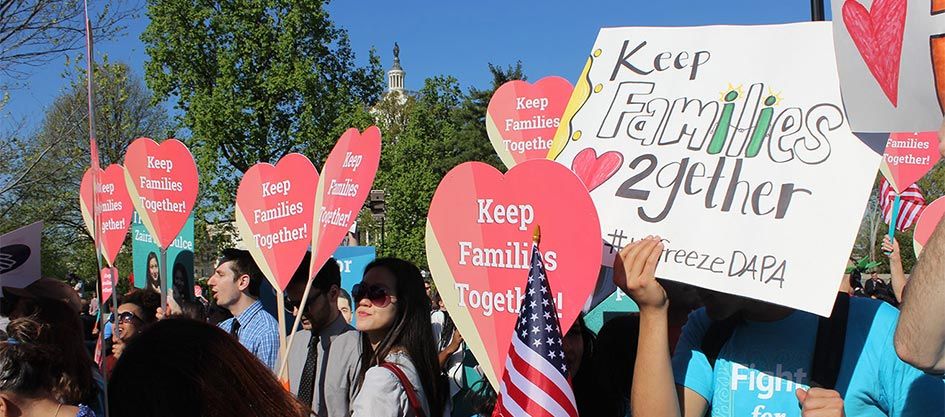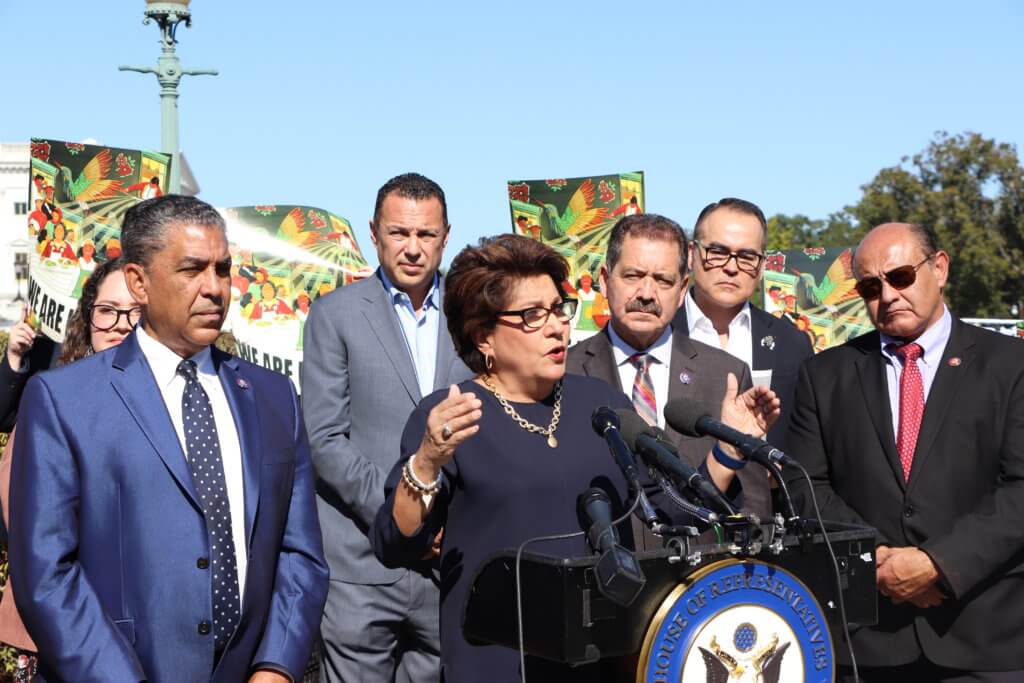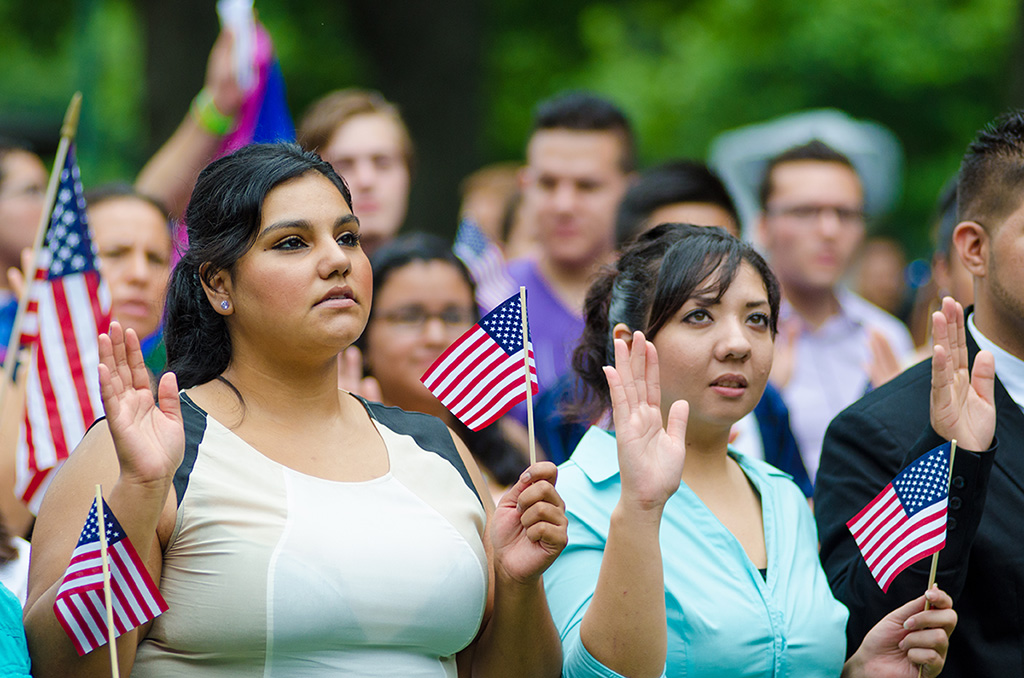This week in immigration news — May 23, 2019

On Wednesday, the House Judiciary Committee began the markup process on H.R. 2820 (“Dream Act of 2019”), H.R. 2821 (“American Promise Act of 2019”), and H.R. 549 (“Venezuelan TPS Act of 2019”).
The first two bills would provide people who currently have DACA or TPS a pathway to citizenship if they meet certain requirements. The third would provide temporary protected status to Venezuelans, who have been forced to flee their homes due to political instability.
Keep up with the latest from UnidosUS
Sign up for the weekly UnidosUS Action Network newsletter delivered every Thursday.
“Today as the House begins the process of marking up these bills, we urge members to support the measures that would offer relief to so many immigrant families currently living in limbo. Families whose lives have been put on hold because they are unsure if they will lose their legal status from one day to the next. They’ve been placed in a position to wonder if they can pursue their dreams to further their education, or invest in getting a home for their families, not knowing if they or a loved one would be forced to leave the country at any given moment. We should be putting families in a position to succeed and flourish, not creating an atmosphere of fear and insecurity,” said UnidosUS President and CEO Janet Murguía.
Read UnidosUS’s full statement of support for these bills here.
The Trump administration is reportedly considering former Virginia Attorney General Ken Cuccinelli II for a senior immigration policy post at the Department of Homeland Security.
Not only has Cuccinelli been a vocal supporter of President Trump’s immigration agenda, but he is also known for supporting hardline proposals such as changing the constitution to restrict birthright citizenship. He also once voiced his support for denying immigrant workers—including those who are documented—from collecting unemployment benefits if they are fired for not speaking English on the job.
A new study by the Urban Institute indicates that Trump’s “public charge” rule made one in seven (13.7%) of immigrant families too frightened to apply for benefits like the Supplemental Nutrition Assistance Program (SNAP) that their families may otherwise have been eligible to receive.
While the concept of public charge is not new, the Trump administration has sought to widen the definition beyond cash assistance to include enrolling in programs like SNAP that provide non-cash assistance.
To learn more about what UnidosUS is doing to raise awareness about the Trump administration’s proposed change to the public charge rule, visit our page.


